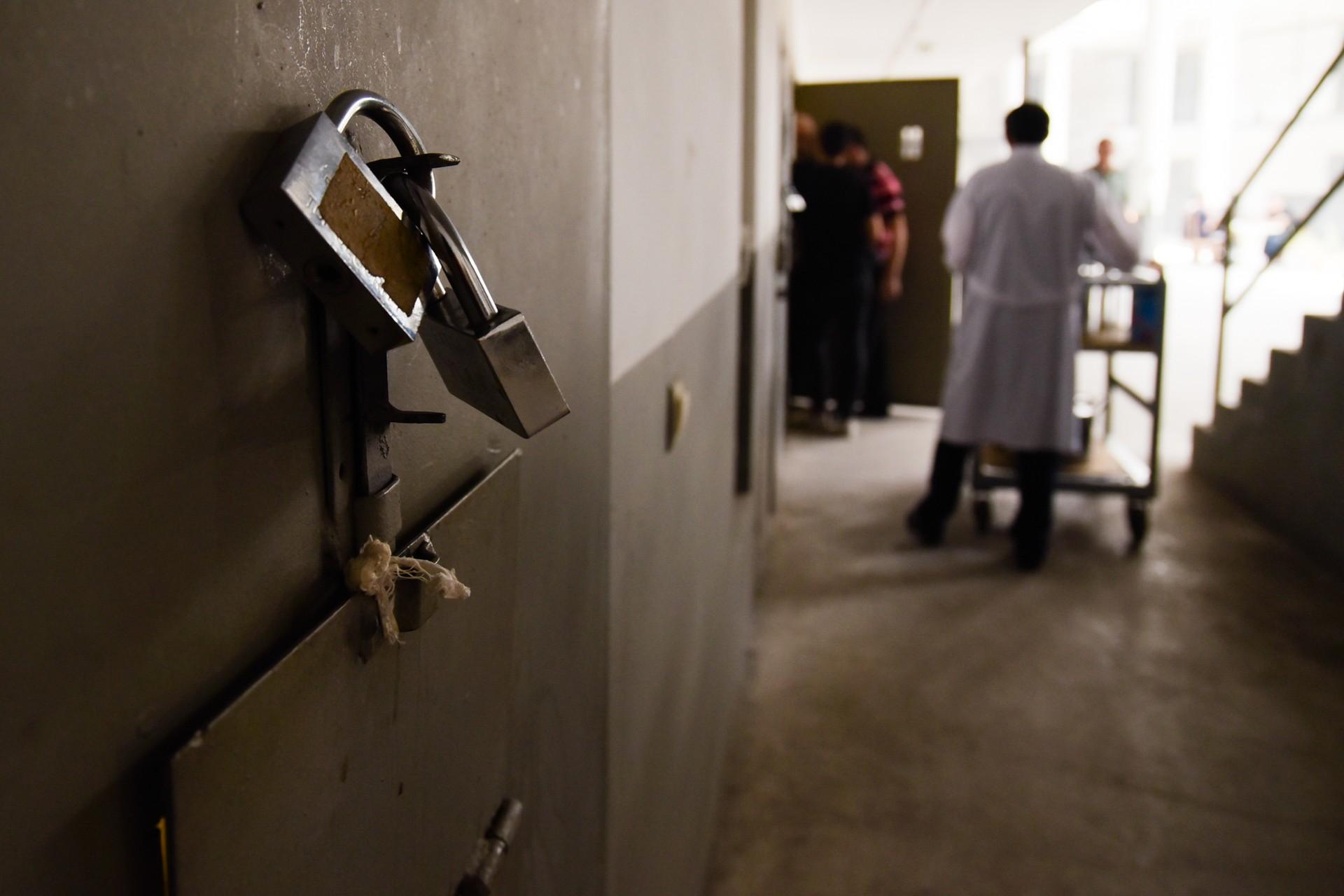
Employment Issue in Armenian Penitentiaries: Only 13% of Convicts Have Paid Job
As of September 1, 2019, 163 convicts were serving their sentences in Artik Penitentiary. Only 13 of them were employed.
Beneath the walls of the Artik Penitentiary, groups of men in black have nothing to do. They only eat, walk and sleep throughout the day.
At the penitentiary institution, there is only the bread production run by the Support to Prisoners Foundation, where one convict is currently employed. We asked the prison administration to introduce us to self-employed prisoners. "We have none," was the answer.
"When it’s time for conditional release, they remember that we haven't worked. Well, they need to give us some work first. What shall we do? Clean the bathroom or wipe their shoes? “ asks the convict who calls himself Hamo.
As of September 1, 2011, 1269 convicts were held in 12 penitentiaries, of which only 168 were provided with paid employment during the same period. Another 113 unpaid convicts were involved in the works as of July 1. It turns out that 13.2% of the total convicts have paid jobs, and 4.9% - unpaid, as of the first half of 2019.
Support to Prisoners Foundation doesn’t serve its purpose
Support to Prisoners Foundation was created by a government decision of September 22, 2001, and started operating on April 1, 2002. One of the Foundation's main goals is to provide convicts with a job and raise their educational level.
We sent a query to the penitentiary service to determine whether convicts with higher education were registered with their specialties and could be hired. The service replied that there was no registration of convicts with higher education and that kind of information couldn’t be provided.
As of September 1, the Fund has provided employment only to 57 convicts, which makes up 4.4% of total convicts and 33.9% of paid workers.
Fund Director Emil Martirosyan told us that the main beneficiaries of the fund are convicts, and that employment is the top priority. They’re working on setting up production in penitentiary establishments with many convicts.
Martirosyan noted that providing 57 prisoners with a job was not sufficient, but they worked in that direction. He noted that sometimes there were cases of no manpower. For example, 20-25 convicts are serving their sentences at Abovyan Penitentiary, where there is a need for a worker in a sewing factory, a pig farm, but nobody volunteers. While in case of Armavir Penitentiary, when there are no workshops in Armavir, they are not able to provide jobs and the convicts are mainly engaged in creative work.
Martirosyan, who’s been on his post for only a couple of months, says that many opportunities haven't been used since 2002, while today there are fewer opportunities, and they’re trying to relive some productions such as Abovyan wood processing, Kosh construction materials production.
Overall, convicts are involved in various activities. They work on a contractual basis for Support to Prisoners Foundation, are involved in autonomous unions, and inmates serving a sentence in an open correctional institution work outside, for other employers.
101 out of 168 paid employees work in technical units of penitentiaries and 10 - for other employers.
According to the penitentiary institution, the convicts, with their consent, are involved in the improvement of the correctional facilities or their adjacent territories without remuneration. The works are for less than two hours per day.
If a convict is included in the paid maintenance work, an employment contract shall be concluded. Salaries are paid at the expense of public funds at the rate of minimal salary - 55,000 AMD.
An idle person is prone to criminality
Hasmik Harutyunyan, the President of the Public Oversight Group, told us that lack of employment in penitentiaries is one of the most serious omissions.
"If mature men stay idle for a long time, it can have bad consequences both for themselves, the administration and later, when they get freedom, for their families and those around them. An idle person is more prone to sticky thoughts, and they may have more criminological tendencies. The idler they are, the more likely they are to commit a new crime,” says Harutyunyan.
Harutyunyan believes that despite some ongoing work in the system, the overall situation is not reassuring. She also highlights the fact that if convicts at least have the right to work, the law forbids to provide detainees with work.
“We all know how long a detention can take in reality. For 2-3 years a person can be detained and would like to work but not have such an opportunity,” added the president of the oversight group.
Nare Hovhannisyan, president of the Center for Legal Initiatives NGO, says years of research show that unpaid work mainly involved homosexuals or those convicted of sexual assault. The latters carried out sewage, garbage removal and other similar works.
Hovhannisyan says the issue of employment in penitentiaries is not new. For example, in 2018, 360 convicts were involved in paid work, which made up 11.7% of the total convicts, and 203 convicts - 6.6% - implemented non-paid works.
"If the state does not provide a person with a job during the sentence, it means they are prone to getting involved in the criminal subculture with all its negative consequences," says Nare Hovhannisyan, calling attention to the number of convicts' self-harm.
In 2018, 612 cases of self-harm were recorded in penitentiaries. In 2017, the number of self-harm cases was 607, of which 190 were prevented. However, one of the convicts held at Vardashen Penitentiary harmed himself 126 times in 2018 because of his criminal case process.
Most of the self-harm cases were reported at Nubarashen (254) and Vardashen Penitentiaries (126).
As for suicides, approximately four people die each year in Armenian prisons, with their deaths classified as suicide. From 2008-2018, 40 persons committed suicide in Armenian penitentiary institutions, 30 of which were convicts and 10 - detainees. Except for two cases, in all other cases the dead were found hanged. Those who commit suicide are generally those sentenced for murder or other crime requiring lengthy prison terms. Most cases, however, were recorded during the first year of detention.
“Imprisonment, especially a long-term one, has a negative impact on human life. A person loses social skills and ties with family and society, and is left out of the labor market and economic activity. This leads to loss of experience, professional skills and abilities, reduces the chance of getting a job during or after serving a sentence. All of this has its negative effects on the prisoner and their families’ income and material well-being. The person has no opportunity to consume their energy,” says Nare Hovhannisyan. She also notes that penitentiaries do not have sufficient conditions for reading and sports. This also ensures employment and should be addressed.
Photos by Ani Sargsyan
 Videos
Videos Photos
Photos
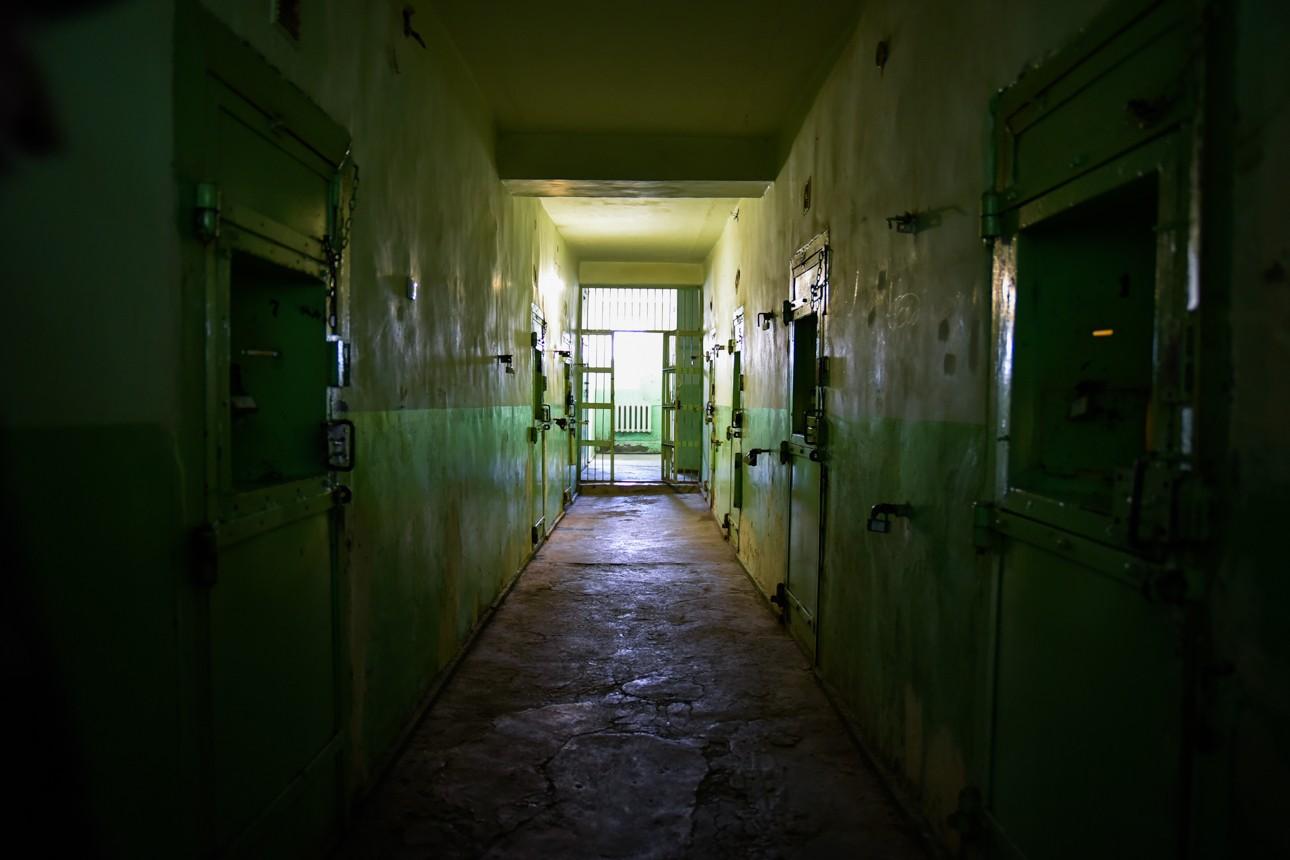
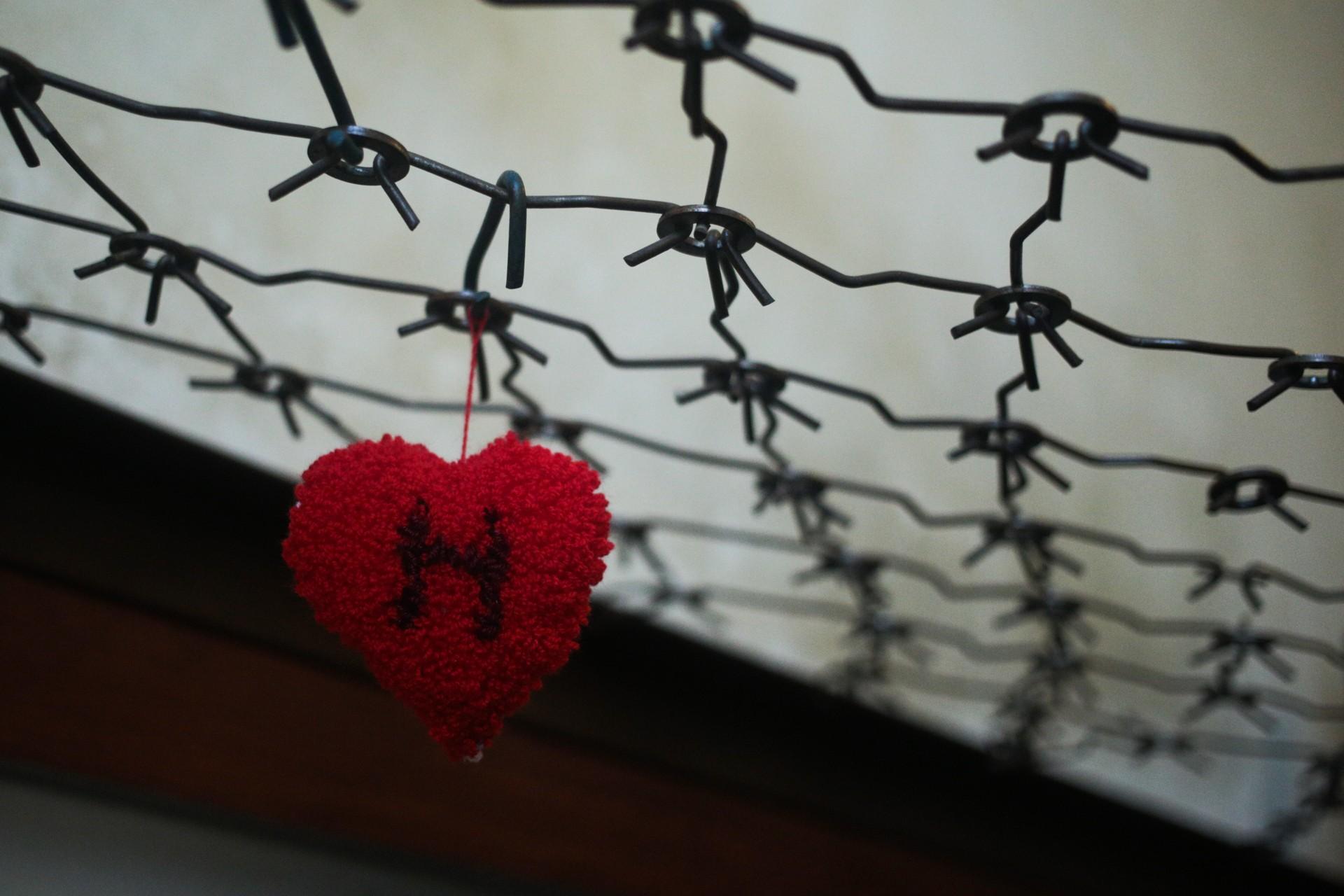
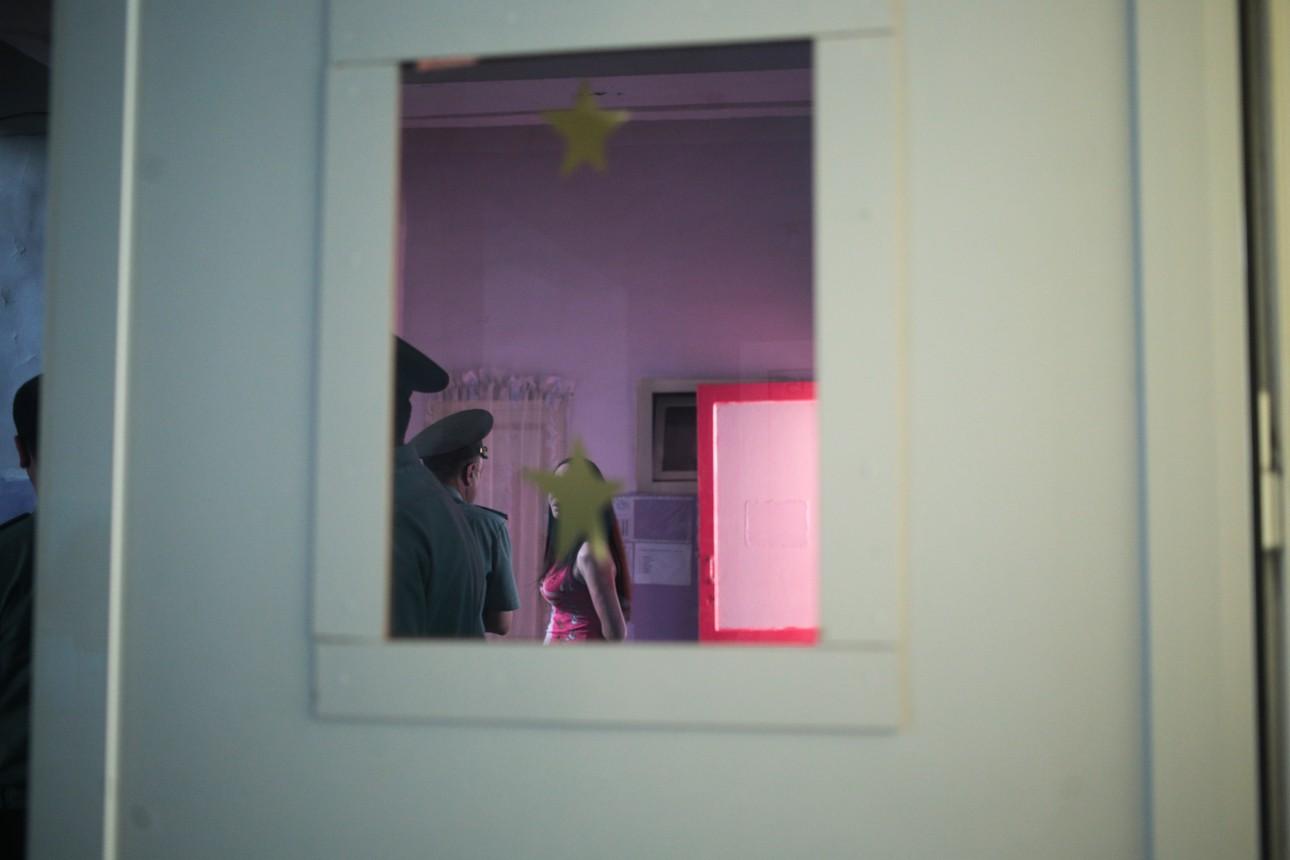
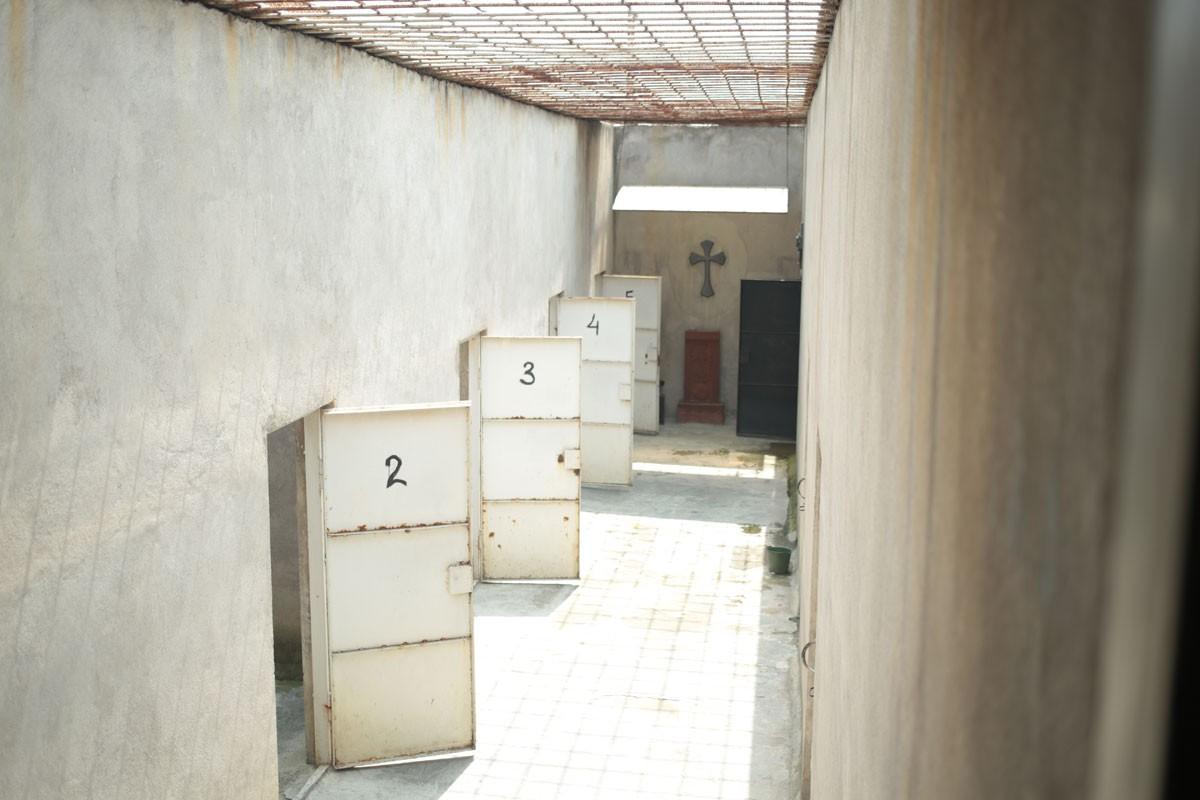
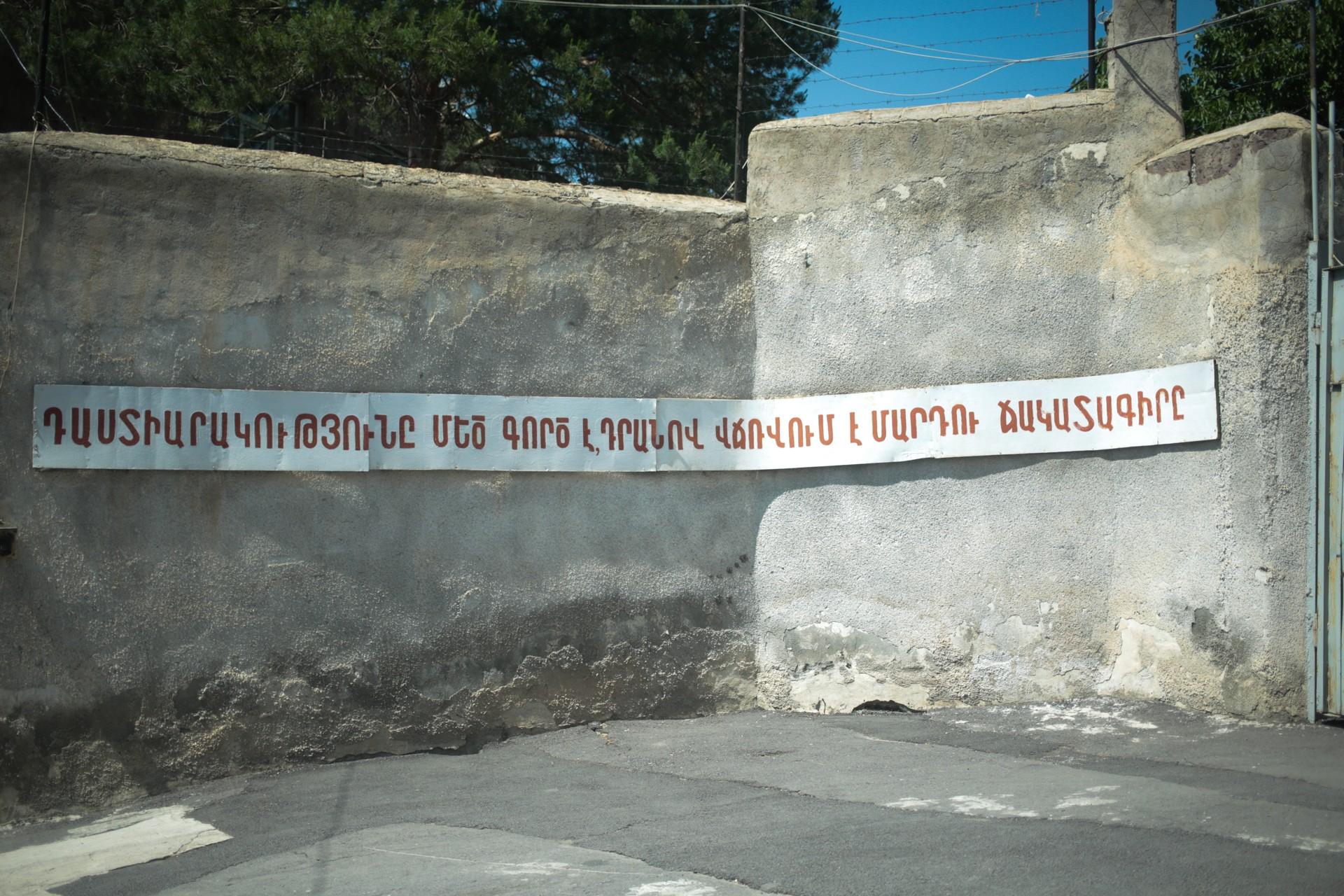
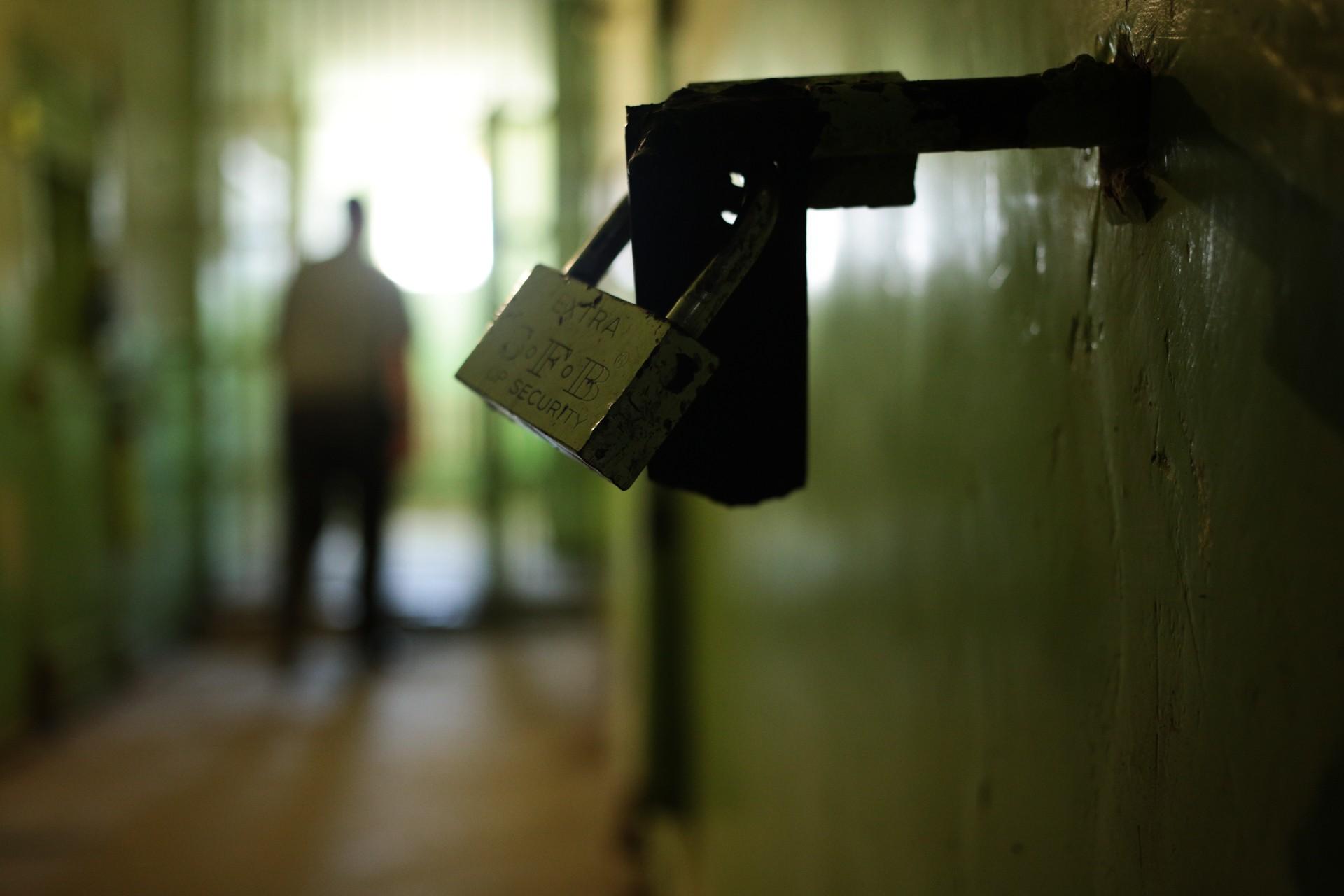
Comments (1)
Write a comment